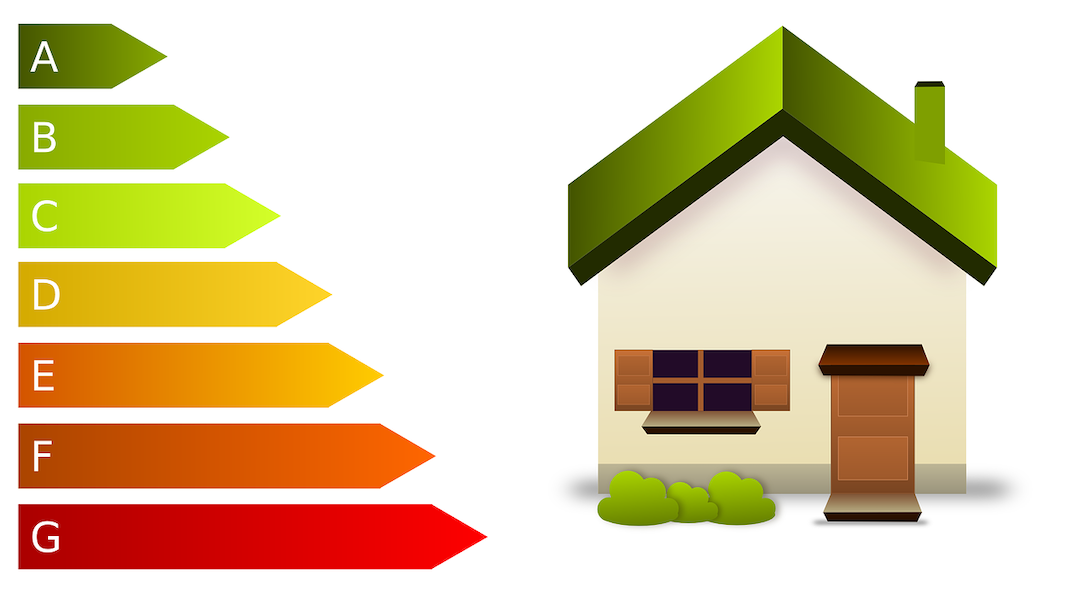Recent findings from the Better Buildings Partnership raise serious questions about the efficacy of energy efficiency ratings used in the United Kingdom.
The study found that buildings that have received the highest rating—an A Energy Performance Certificate—use more energy than some of their peers rated C, D, E, or F. The analysis of self-reported energy data in 2020 for more than 1,100 commercial properties found that the median energy intensity for all B-rated buildings is higher than for C-rated buildings.
The disparity between how buildings are designed and their actual greenhouse gas emissions is widespread in the U.K. The findings are in line with past evidence that green building certifications based on predicted energy use don’t necessarily translate to energy savings in the field.
Some studies have found that LEED certification yields better energy efficiency, but others have found that certified buildings use more energy than non-certified buildings. The U.S. Green Building Council maintains that its own research shows certified buildings are overall more efficient.
Part of the explanation for the disparity between ratings systems and real-world results could be due to the limitation of assessments that only predict potential energy efficiency. In practice, building management systems may not be set up or used properly. In addition, people sometimes undo the efficiency design by bringing fans into buildings or installing additional air conditioners.
Related Stories
Codes and Standards | Jul 8, 2020
Standards for reducing risk of COVID-19 in senior living communities
AIA releases strategies and illustrations for the sector.
Codes and Standards | Jul 6, 2020
Guide presents benefits of public-private partnerships
Discusses process from project conception to construction.
Codes and Standards | Jul 1, 2020
COVID-19 public health guidelines may be downplaying building systems solutions
Emphasis on cleaning surfaces overlooks importance of mechanical infrastructure.
Codes and Standards | Jun 30, 2020
WELL building institute steps up health safety rating for hotels and resorts
Certification body forms advisory group of industry leaders and health experts.
Codes and Standards | Jun 30, 2020
7 must reads for the AEC industry today: June 30, 2020
Affordable housing comes to the Bay Area and this is not the end of cities.
Codes and Standards | Jun 29, 2020
Mandated building retrofits are necessary to meet climate crisis
Performance standards could greatly reduce GHG emissions.
Codes and Standards | Jun 29, 2020
New buildings can fall short of designed performance
Similar structures can produce different energy usage results.
Codes and Standards | Jun 25, 2020
Arc offers tools, analytics for safe workplace re-entry
Platform helps sustainability teams to collect data, benchmark progress, measure impact, and improve performance.
Codes and Standards | Jun 24, 2020
New API enables design and construction technology platforms to connect
Construction Specifications Institute offers “digital classification engine.”
Codes and Standards | Jun 23, 2020
State lawmakers encouraging transition to heat pumps for building heating
Policies aim to replace gas heaters with electric units.

















